COVID-19 pandemic has affected majority of countries in Africa. Confirmed cases of COVID-19 in Africa were 189,559 as of 8 June up from 51,000 a month ago. The numbers are growing fast. A new report by the Partnership for Evidence Based Response to COVID-19 (PERC) revealed some worrying findings about the impact of coronavirus on the lives of many Africans. Half of respondents to the survey, conducted in 28 African cities, said they would run out of money if they had to stay home for 14 days. The lowest-income households expected to run out of food and money in less than a week. African Enterprise is privileged to being in the forefront in responding to this global crisis. With the help from our supporters, African Enterprise is implementing COVID-19 programs in 11 African countries through five key areas of intervention:
- Distribution and selling of face masks made by AE tailoring projects in South Africa, Malawi and Kenya. The masks are being made by ladies who are trainees in those projects. This gives the trainees an opportunity to earn their livelihood during this crisis when jobs and incomes have been severely affected. Zimbabwe and Zambia are beginning to venture into making and distribution of face masks.
- Food distribution is happening currently in South Africa and Rwanda while Zimbabwe, Malawi, Uganda, Kenya and Ethiopia are now setting the ground for the same exercise. With food shortages as a result of loss of livelihoods, this response is bridging the gap and transforming many households.
- Media engagement – Use of radio and TV broadcasts in educating communities on COVID-19 and bringing a message of hope is currently taking place in DRC, South Africa, Uganda, Malawi and Rwanda. Teams are seizing opportunities of media presence and leveraging on those opportunities to provide the much sought after education to masses through the conventional media in addition to social media.
- Hygiene and Sanitation – Kenya has engaged in training on sanitation in informal settlements within Nairobi. DRC, Ghana, Uganda, Malawi and Tanzania are all set to kick off training of communities in hygiene and sanitation related topics as well as distribution of protective and sanitation products to aid in putting into practice what they learn.
- Medical services – AE is involved in first line response through her existing medical healthcare facilities in Kenya and Uganda.
In addition to the five intervention areas, teams are encouraged to embrace the following for maximum impact:
- Local partnerships: While the teams have received funding from AE supporters through the support offices, they are encouraged to seek local partnerships and local fund raising for continuity of the work. South Africa, Rwanda and Kenya are good examples that this achievable.
- Trauma Counseling: AE has invested in training majority of Team Leaders, mission and social action directors in trauma counseling. They are seeking to optimize on these skills during this season to reach out to many people who are traumatized by the pandemic in one way or another.
- Beneficiaries: With increasing needs coupled with limited resources, African Enterprise sticks to the rule of targeting and prioritizing the most vulnerable in her responses.
Written by AE Social Action Director, Janet Mwendwa
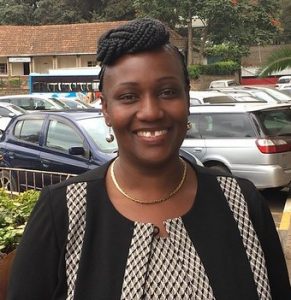

Kayole is one of many slums located on the outskirts of Nairobi, Kenya’s capital. With an estimated population of 700,000, most of its residents live in abject poverty in homes that lack electricity and running water. Additionally, more than 60% of the population are unemployed with most families living on less than one dollar a day.
The Clinic
In 1996, African Enterprise established the Soweto Kayole PHC Clinic which has become the most efficient, affordable and highly respected community based health care centre within the area. However, it still does not have the facilities to assist mothers giving birth or offer full medical attention to those in labour.
The growing need for maternal interventions in the neighbouring slums has forced the clinic to open its doors to local women for outpatient maternity services even before they have the resources to build and equip a proper maternity wing.
HIV Transference
However, even without a fully equipped maternity wing, the clinic has had great success in reducing the transference of HIV from mother to child after birth. We are confident that with a well equipped facilities, the clinic could achieve a nearly 100% non-transference rate if the mother is treated during pregnancy and the birth.
 The Soweto-Kayole Maternity Wing
The Soweto-Kayole Maternity Wing
The proposed facility is a 20-bed maternity until attached to the existing clinic. This clinic will be a lifeline to the thousands of expectant women who are in desperate need of safe and reliable help during their pregnancy and birth.
YOU CAN make this dream a reality and help thousands of vulnerable women and children in one of the most desperate places in Kenya!
With your help, we can provide quality care for the thousands of pregnant women in the Kayole Slum.
When Anastazia Joseph divorced her husband, she was left with four children to care for. She tried getting a job but no one would hire her. She was already 30 and had very few formal qualifications.
In desperation, she took up work as a prostitute. 
“I was doing it only so that I should have something by the end of the day to feed myself and my children,” she said.
After a year of this work, she found a job as a security guard and spent long hours watching the properties of various companies. It was lonely, thankless work and she was sometimes treated unfairly.
“The last company I worked at would take deductions from my salary for mistakes that I didn’t even realise I was doing,” Anastazia said.
She had to keep going to provide for her children because she had no other options.
Then on 17th October, 2017, something happened that changed her life forever.
“My church had a crusade in one of big stadiums in Lilongwe and the preacher shared about eternal life and about what one needs in order to attain this everlasting life,” she said
Though she was a faithful church member, Anastazia had never thought about her own need for eternal life.
“At the end of the crusade, the preacher asked if anyone wanted to commit their lives to Jesus so that He could be their Master, so I raised my hand.”
She followed the pastor’s prayer, confessing her sin and giving her life to Christ.
Not long after this, Anastazia switched companies and started guarding the property of a group called African Enterprise Malawi. After a few months of work the team leader, who had noticed the long hours she was doing, told her about a sewing school for women that African Enterprise ran every year.
“He said this when he saw how challenging the job I was doing, especially as a lady on my own. I didn’t hesitate!”
She ran to the project organiser to apply and was accepted in the 2018 class of women.
“For me to come to this vocational centre is by God’s love which I saw through the National Team Leader of African Enterprise Malawi,” she testified.
“I am being reached with the Gospel every day and have already learnt how to run a sewing machine and make straight lines!”
Things are looking up for Anastazia. Not only is she learning a new skill with which to make money and start a business, but God has also answered her prayers and she is engaged to be married.
Christ, her Master, is providing for her needs through the help of African Enterprise.
Even as they grappled with a life-threatening disease, dozens of people in a Kenya town found time to listen to the gospel and turn their lives over to the Lord.
During an African Enterprise mission in Kakamega, a town in western Kenya just 30km north of the Equator, a camp was set up to treat victims of jiggers, a potentially-fatal skin disease spread by sand fleas.
The camp was funded in part by Hong Kong-based Christian group Jireh Fund, which is a praying and caring organisation. The camp was operated with assistance from students at the local Masinde Muliro University and the Kenya Medical Training College.
As some 365 jiggers sufferers underwent treatment, African Enterprise evangelists took the opportunity to share the gospel and pray with them, with 65 deciding to become followers of Jesus.
In addition to helping with the treatment, Jireh Fund provided microscopes to two community medical clinics to help with diagnosis of malaria, which is rampant in the Kakamega region.
African Enterprise leaders say they are very grateful for Jireh Fund’s financial support and encouragement, and for the volunteer work undertaken by the university students.
Story written by Mike Heard, AE Volunteer.
One of the most diverse countries in Africa, South Sudan, was also host to the continent’s longest civil war – a war which lasted 20 years. Though the war officially ended in 2011, guerrilla warfare continues and the country’s economy is in tatters.
People are struggling to heal.
But AE has stepped in, offering peace and reconciliation workshops, and slowly establishing roots in the fledgling country.
Earlier this month, AE Kenya’s Team Leader and Social Action Coordinator visited the capital city, Juba, to encourage local partners and check on the work.
“Food, fuel other basic are in short supply in Juba,” said Williams Muchiri, AE Kenya’s Social Action Coordinator, “but we are seeing improvements through our work.”

AE visited homesteads, where families are growing their own sorghum. They met with a small, local AE board in Juba, discussed partnership options with a team of South Sudanese youth leaders, and chatted with the Juba City Council Speaker.
The Speaker said that AE’s workshops on peace and reconciliation earlier this year have boosted the skills of his city council staff.
“He expressed his commitment and interest in continuing to partner with AE,” said Williams, “to enhance service delivery to the city of Juba by particularly strengthen and enhance their governance capacity as a council.”
We appreciate your prayers and support as AE continues to strengthen its friendship and partnership with Juba.
We bring the Gospel of peace to a country that has only known war.
We think it’s really important to bring you news from the partnership. After the Malindi Mission in June, the work of discipling and caring for new believers didn’t stop.
Bedbug ministry
African evangelists can find themselves involved in offbeat activities as they work to spread the good news of Jesus.
An African Enterprise team visiting the Kenyan city of Malindi during a recent mission decided to demonstrate a practical side to God’s love by helping locals overcome a bedbug infestation.
Bedbugs had been plaguing the Watamu area of the city for a long time, leaving residents bedridden in some cases.
The AE team’s eradication program targeted 200 homes housing about 1000 people.
As well as easing the bedbug problem, the exercise proved a victory for the Lord. Some 25 homeowners announced that they were turning their lives over to Him.
The overall Malindi mission reached more than 93,000 residents of the city, with over 10,000 making commitments for salvation.
Story written by AE Volunteer Mike Heard.
To give to AE Missions, click here.



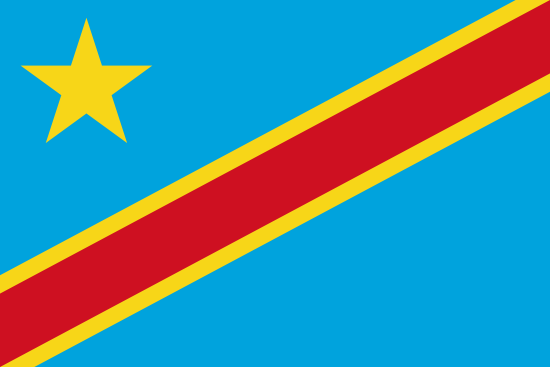
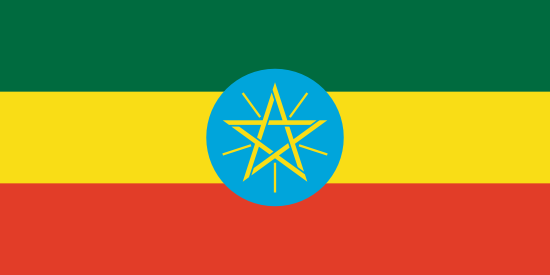
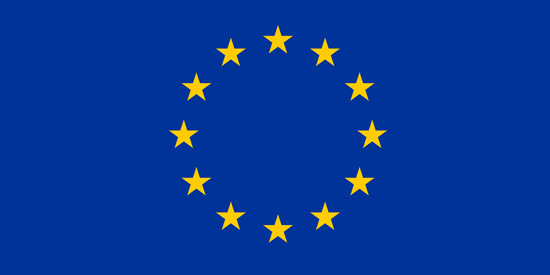
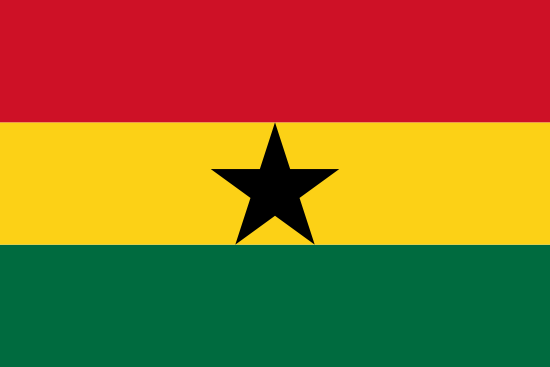

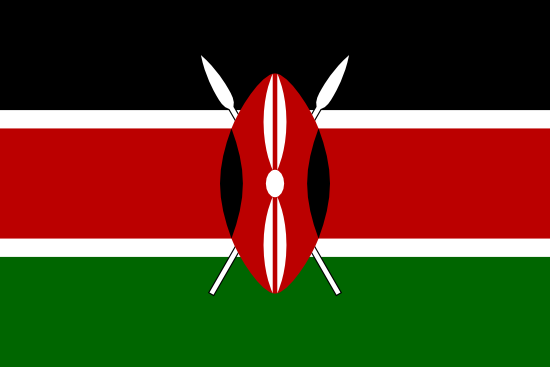
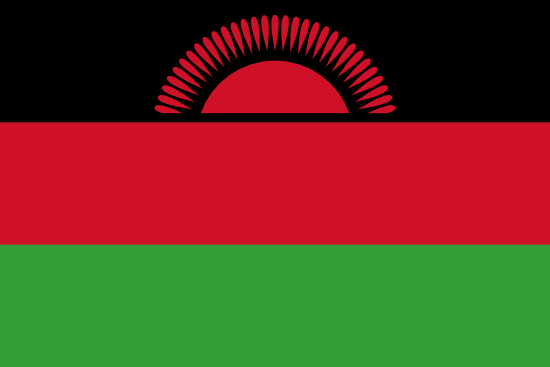
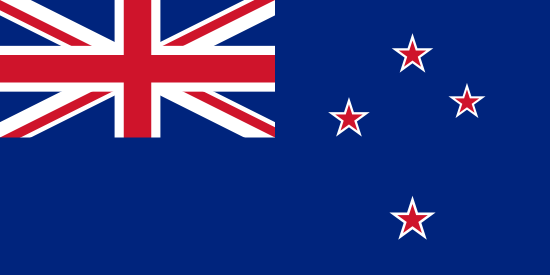
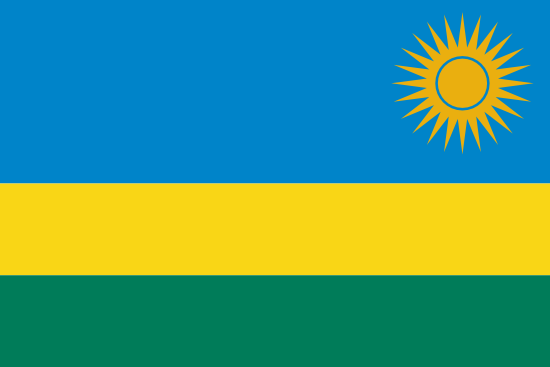
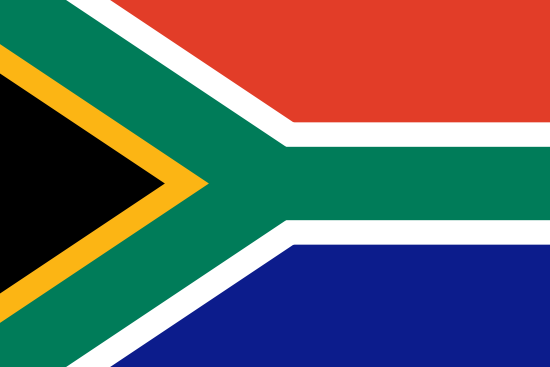
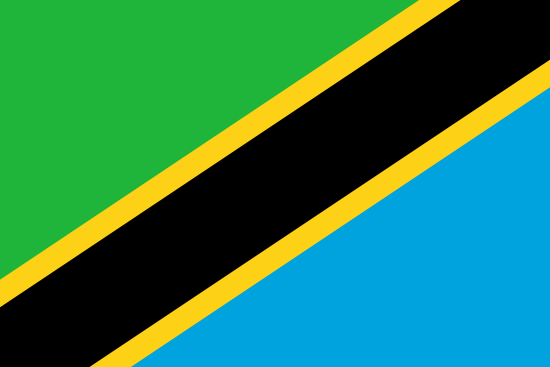
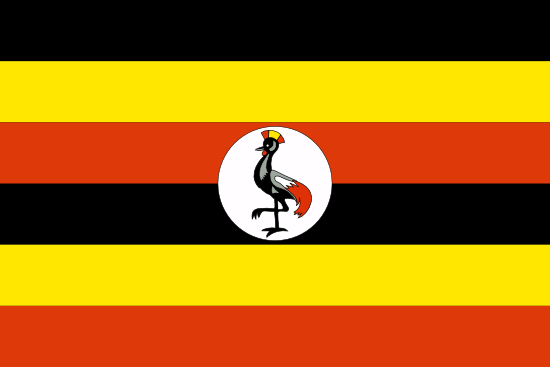
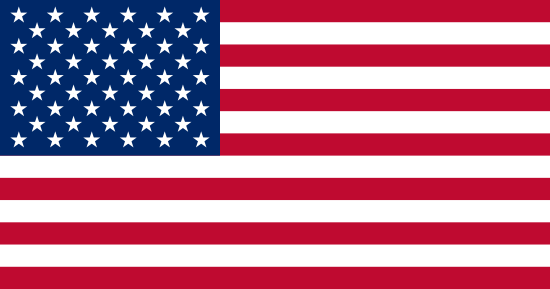
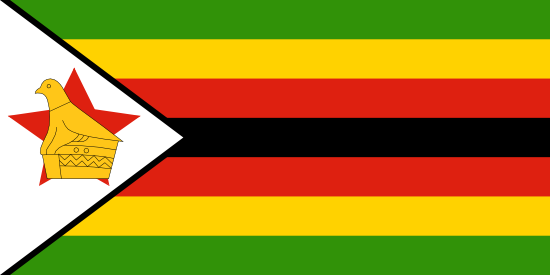


 The Soweto-Kayole Maternity Wing
The Soweto-Kayole Maternity Wing
